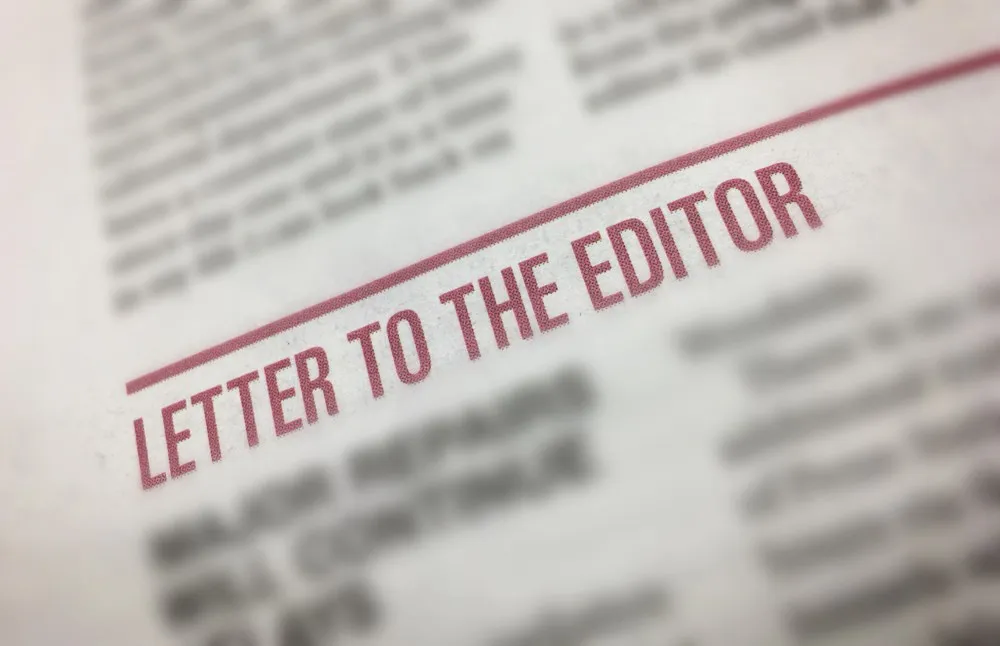Table of Contents
Dear Editor
David Karena-Holmes acknowledges the English language has drawn words from many sources, noting ones like “bungalow” and “verandah” stem from Hindi, along with countless other examples where the English lexicon didn’t meet a descriptive need: “prima donna” [from Italian – ed.], “status quo”, “ad nauseam” from Latin; café, rendezvous, ballet from French; angst, ersatz, kitsch from German. Tomato, patio, cafeteria from Spanish. Safari from Swahili, and alcohol, saffron, salaam from Arabic. Chow, gung-ho, ketchup from Chinese, and ombudsman, moped, smorgasbord, gauntlet from Swedish.
Into English however, the words were adopted intact, their spelling unchanged, unlike te reo of Maori, where perfectly good English words are accorded kindergarten (from German)-like spellings: “party” becoming “paati”, parliament becoming “paremata” and Christmas mangled to “kirihimete.”
English has 100,000-odd words, grammatically precise and exact in tense and description, whereas te reo has but a meagre 6000-odd – with around half stemming from bastardised English.
As a language, te reo is vague, inexact and comparatively non-descriptive: “waka”, for example, encompassing transport forms that range from skateboards to aircraft. Perhaps Mr Karena-Holmes might endeavour to elucidate sensibly on the fact of te reo’s complete lack of practical value in a country where 90% of the population can’t understand it, along with 100% of the rest of the world.
Jim Cable









